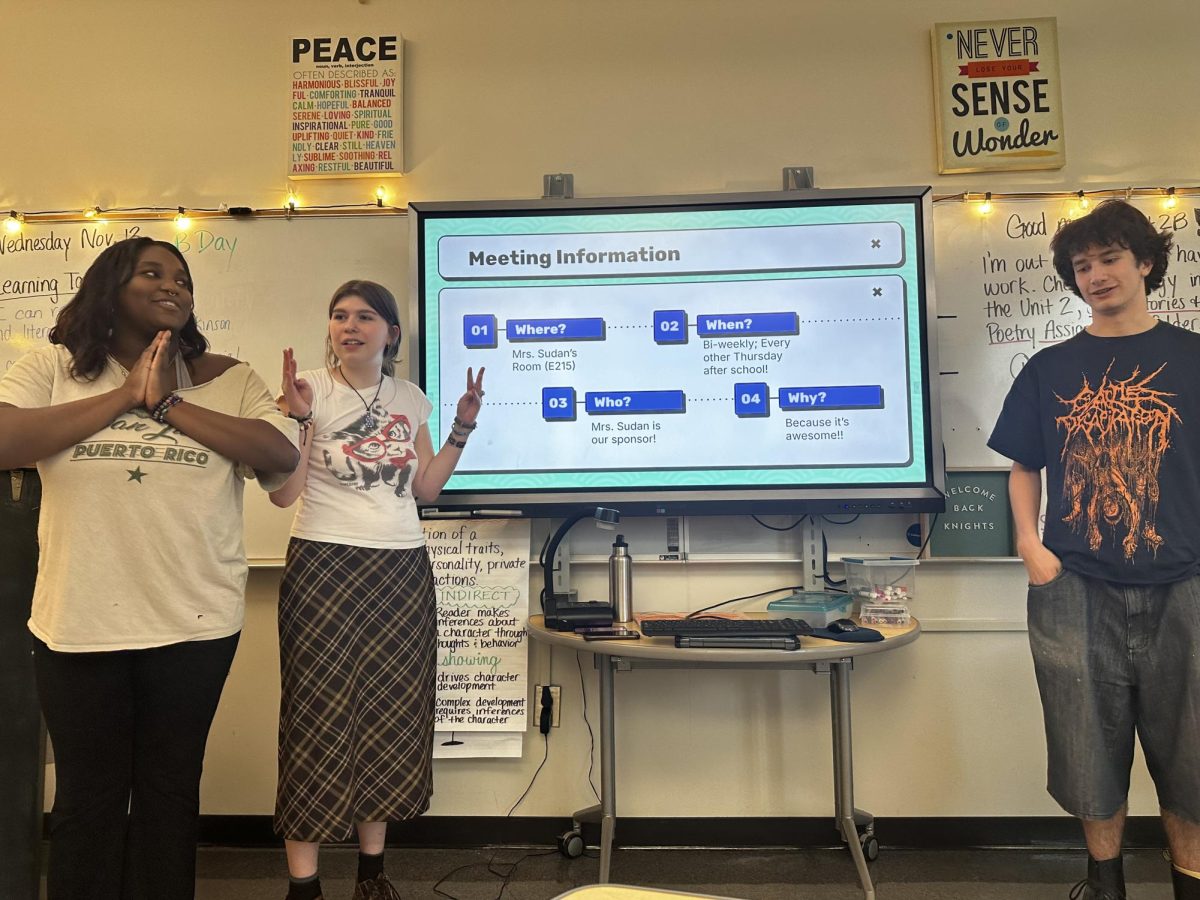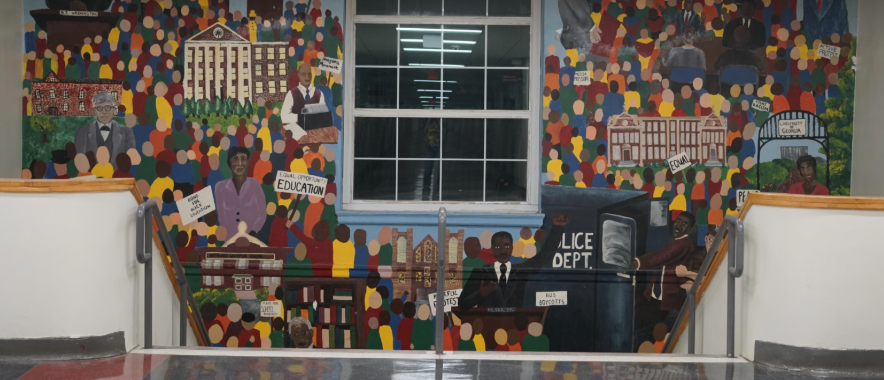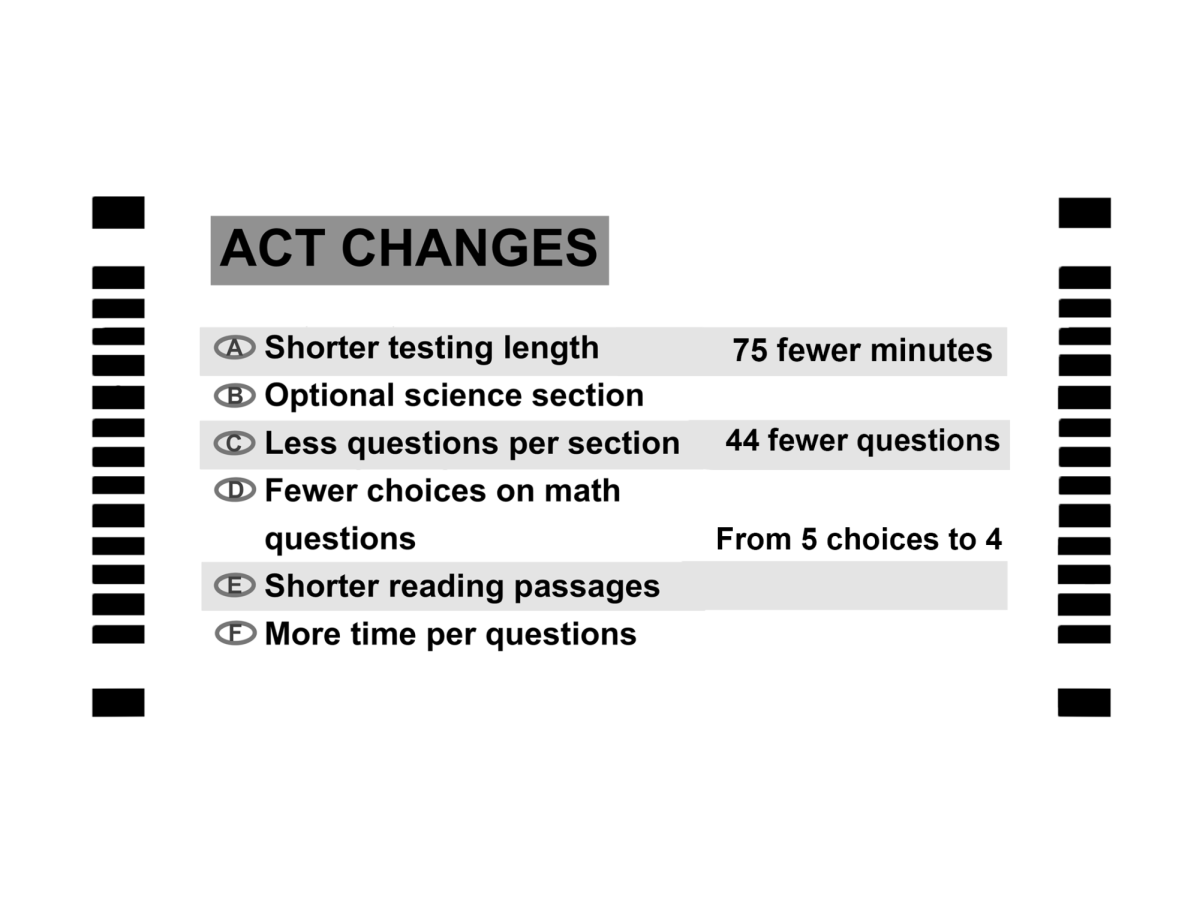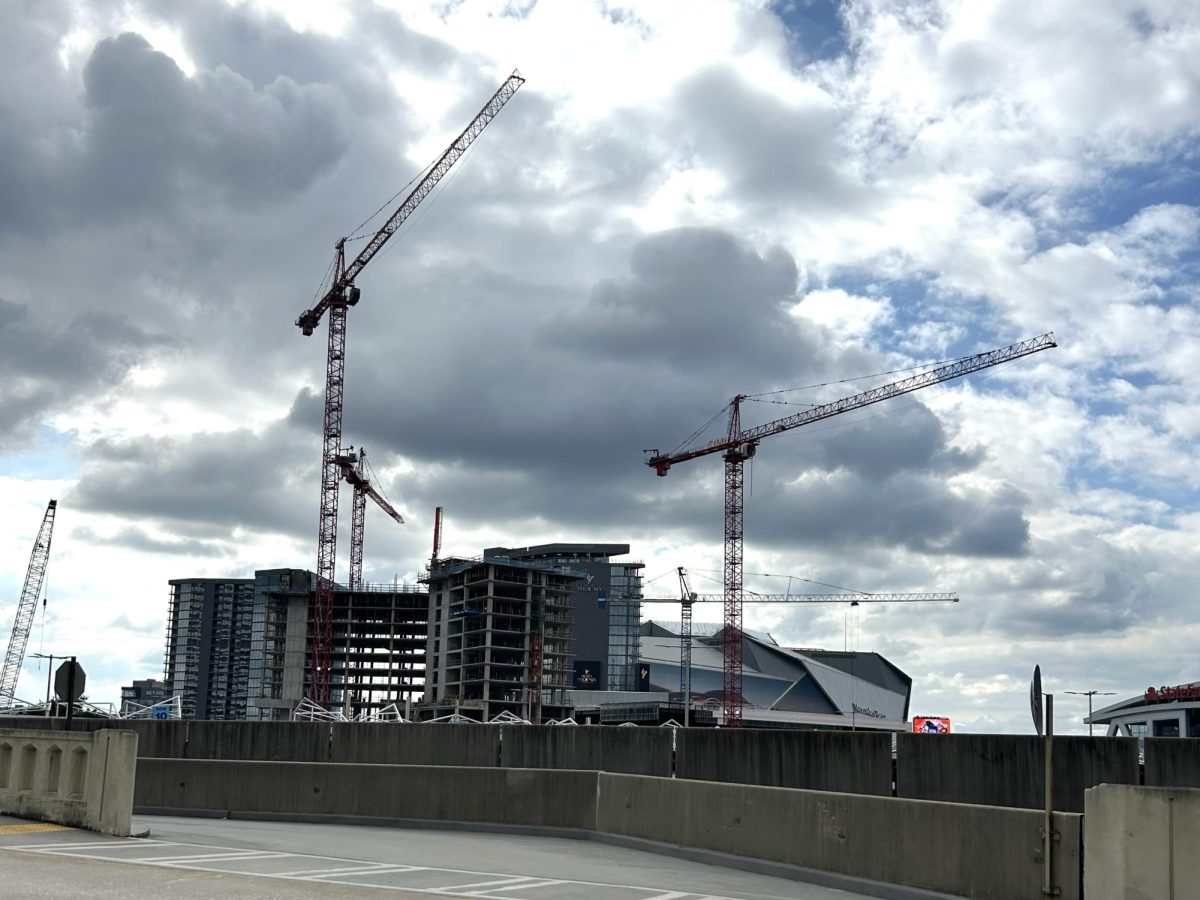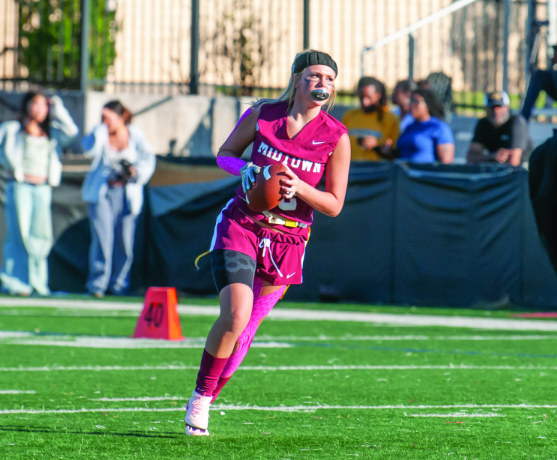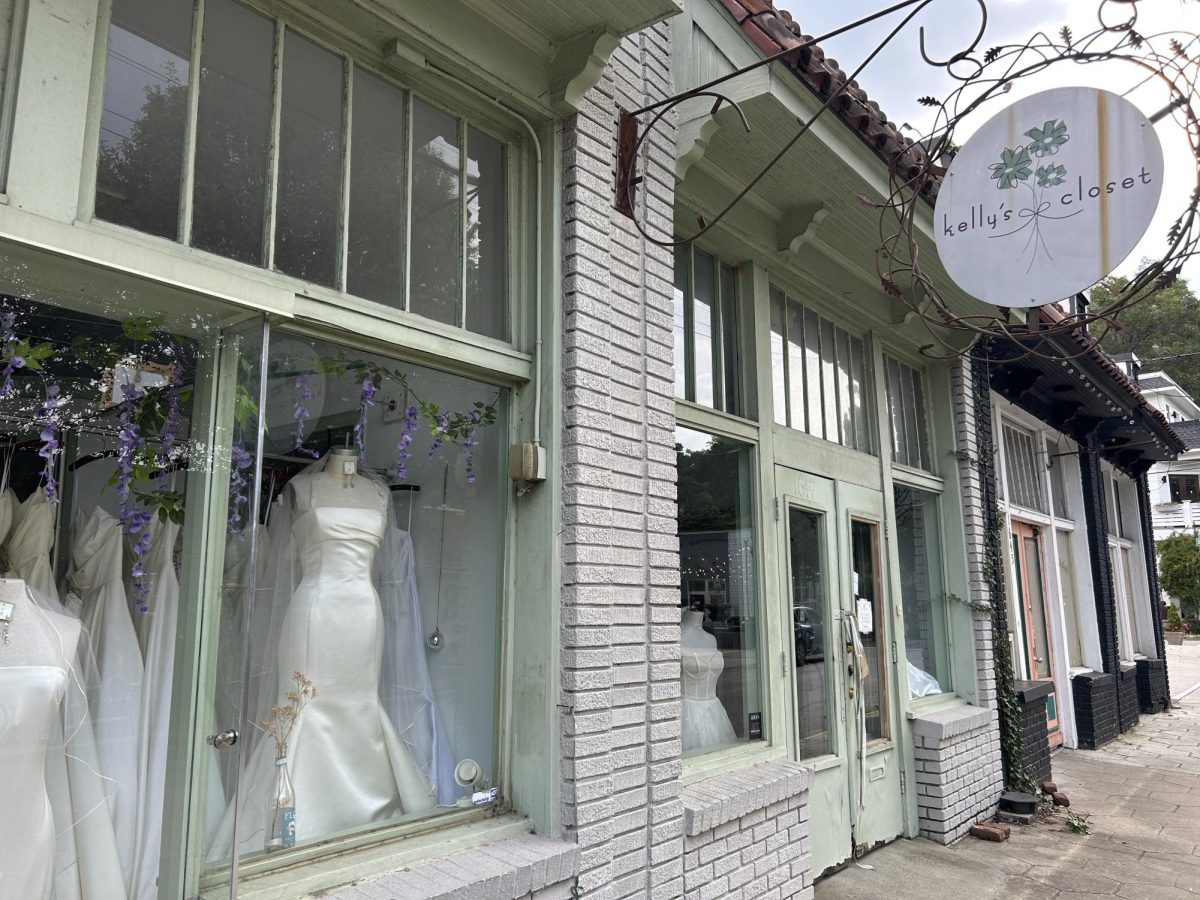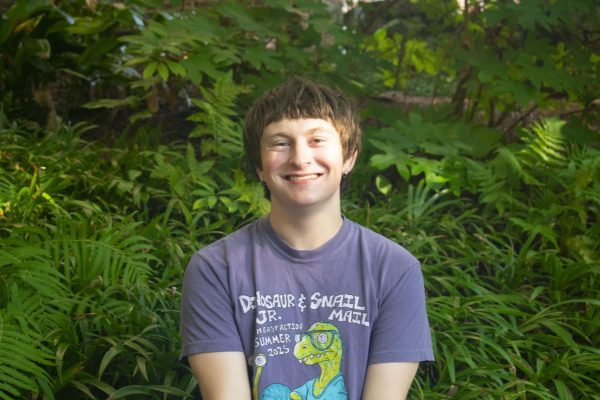With its first meeting on Nov. 14, the new Intersectional Feminist Club gathered a range of students to discuss and tackle various women’s issues and advocate for change not only in Midtown, but throughout Atlanta.
Juniors Aubrey Senter and Johnny Dunaway first conceived the idea of the Intersectional Feminist Club, and with the help of juniors Naomi Kester and Julia Diener, the board was formed and the club was initiated.
“When you think of feminism, you kind of think of the white feminist movement and not really the inclusion of black women, Hispanic women, women of color or even men as well who want to be allies to the community,” Kester said. “So [Dunaway and Senter] brought up that idea and from there it just snowballed into a big thing that everyone really got confident in.”
Kester said she was personally excited about creating the club due to her own experience of trying to fit into a less inclusive feminist space online.
“I think my passion for starting the club comes from my own experience trying to fit into the feminist space as a black woman,” Kester said. “I’ve seen many videos, articles and posts where they’re trying to advocate for the togetherness of women, but there’s an underlying meaning that it’s only meant for white women. I feel like it’s something we need to battle together as one gender and as one fighting force.”
Club member junior Madison Thurmond said she appreciates having a club that allows and pushes for education about women and what feminism stands for.
“I come from a small town where feminism has seemingly not yet reached, and growing up in that environment as a girl had a very negative impact on the way I view myself, my body and how my body works,” Thurmond said. “Even though APS (Atlanta Public Schools) is in a major urban setting, the lack of sex ed is astonishing. Starting this club means potentially helping all kinds of students explore what feminism means to them no matter their background or upbringing.”
Dunaway is passionate about feminism and started the Intersectional Feminism Club after inspiration from reading the 2007 book “Full Frontal Feminism.” Written by award-winning author Jessica Valenti, the book focuses on how to become a more active and knowledgeable feminist.
“The book ‘Full Frontal Feminism’ by Jessica Valenti made a huge impact on me and got me interested and impassioned about [feminism],” Dunaway said. “It’s a great read for anyone curious on what feminism really means and why it’s important, I highly recommend it.”
Both Kester and Dunaway believe that Midtown should have an Intersectional Feminism Club to not only give women the space to feel represented, but to also educate Midtown about various feminist topics and how to become a better feminist.
“Feminism is an extremely controversial subject, and frankly it has a reason to be,” Dunaway said. “I know dozens of people, men and women, who completely misunderstand what feminism really is and what its goals are, and I feel like if more people are informed on the frontiers that feminism fights for and the good it can do and has done for women all across the globe, it could inspire more people in the community to help make a more equal community in the ways they can.”
Thurmond also believes in the need of the club at Midtown to not only educate people about feminism, but also to provide a safe space to all students regardless of gender.
“This school needs a feminist club not only for the female student population to feel supported and connected, but for all students regardless of gender to feel as though they can participate in feminism,” Thurmond said.
The purpose of the Intersectional Feminist Club is mainly to give people a safe support space to present lectures or poems about feminist issues, but also to do outreach to homeless shelters and have conversations about feminist topics and issues.
“Our hope is that [sharing speeches] will help inform the listeners of a variety of feminist topics while also allowing community members to engage in research and creation, hopefully encouraging further engagement with the club and community,” Dunaway said, “Other times will be spent doing service projects, and respectful and constructive conversation and debate on a rotating set of feminist issues.”

